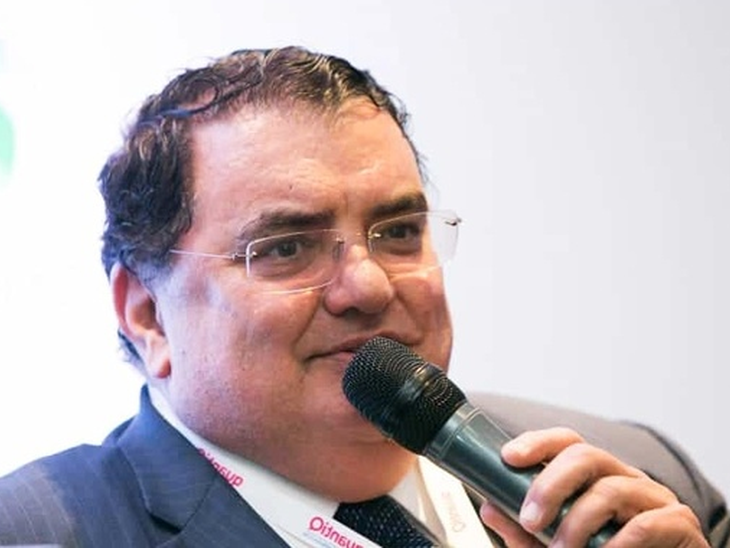
 Event
Event
T&B Petroleum/Press Office

"The change in the biodiesel commercialization model, with the end of public auctions, could provoke a deconstruction in the sector", the warning was made by the president of the Brazilian Union of Biodiesel and Biokerosene (Ubrabio), Juan Diego Ferrés (photo).
The topic was discussed this Thursday (12) during the II Biodiesel Week, an event promoted by the Brazilian Union of Biodiesel and Biokerosene (Ubrabio), in partnership with the Energy Research Company (EPE) and Embrapa Agroenergia.
According to Ubrabio's vice-president and chairman of the board of directors of Oleoplan, Irineu Boff, ending the auction model without solving the tax issue will place the biodiesel sector in a tax treatment that is difficult to control and with great risks of evasion. "It is imprudence for the economy of the states and for competitive equity," warned the businessman who was one of the speakers of the day.
During the debates, the speakers cited a study by the Getúlio Vargas Foundation (FGV), commissioned by the country's main fuel distributors, which identified tax and operational losses with the irregular fuel market in Brazil in the amount of R$ 26 billion a year. "In the biodiesel sector, with the current marketing model via auctions, this value is zero," said Irineu Boff.
The executive criticized the deadline that was established for the transition from the current model to direct sales between producers and distributors. "The time given to the ANP to change the commercialization model was poorly thought out and too short given the complexity", warned Boff.
For the executive, the deadline should be revised, under penalty of destroying a sector that is structured and collects its taxes with equity. And he recalled the National Council for Finance Policy (Confaz) as an example of the complexity of a tax change, as the council needs the unanimous approval of 26 states, plus the Federal District.
According to Ubrabio's vice-president and chairman of the board of directors of Oleoplan, Irineu Boff, ending the auction model without solving the tax issue will place the biodiesel sector in a tax treatment that is difficult to control and with great risks of evasion. "It is imprudence for the economy of the states and for competitive equity," warned the businessman who was one of the speakers of the day.
During the debates, the speakers cited a study by the Getúlio Vargas Foundation (FGV), commissioned by the country's main fuel distributors, which identified tax and operational losses with the irregular fuel market in Brazil in the amount of R$ 26 billion a year. "In the biodiesel sector, with the current marketing model via auctions, this value is zero," said Irineu Boff.
The executive criticized the deadline that was established for the transition from the current model to direct sales between producers and distributors. "The time given to the ANP to change the commercialization model was poorly thought out and too short given the complexity", warned Boff.
For the executive, the deadline should be revised, under penalty of destroying a sector that is structured and collects its taxes with equity. And he recalled the National Council for Finance Policy (Confaz) as an example of the complexity of a tax change, as the council needs the unanimous approval of 26 states, plus the Federal District.
Investment preservation
The fourth day of the webinar addressed the risks posed by the new marketing model intended by government sectors. Former ANP director Aurélio Amaral said that the new commercialization model needs to consolidate the investments that were made over the 15 years of the PNPB.
"This new model must allow for the maturity and consolidation of these investments, allowing those who have planned investments in new production units to continue their investments," highlighted Aurélio. And concluded: "We are not yet prepared for such a sudden change and in a time of pandemic as difficult as we are now due to the high price of raw materials."
Contact us